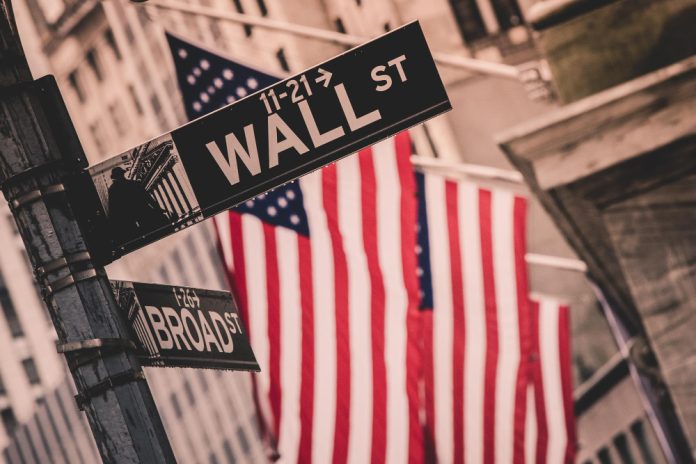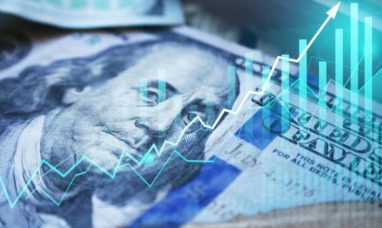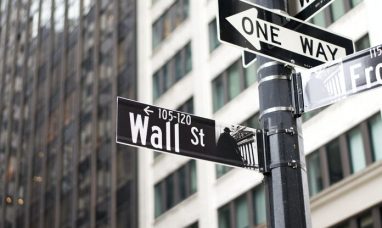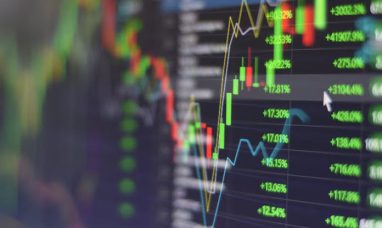As the week begins, Wall Street sees a slight dip, with focus turning to a series of upcoming updates on the economy, including labor market data and Federal Reserve Chair Jerome Powell’s testimony before Congress. The S&P 500 edges down 0.1% on Monday, stepping back from its recent all-time high and its 16th positive week out of the last 18. The Dow Jones Industrial Average falls by 0.4%, a decline of 151 points, while the Nasdaq composite also retreats by 0.1%. Powell is set to testify before Congress on Wednesday and Thursday, and the government will release its latest monthly jobs report on Friday. Additionally, Japan’s Nikkei 225 index breaches the 40,000 level overnight.
Ahead of the opening on Monday, Wall Street sees a modest decline as attention shifts to a slew of labor market data and Federal Reserve Chair Jerome Powell’s upcoming appearance before Congress this week. Futures for the S&P 500 slip by 0.1%, while futures for the Dow Jones Industrial Average lose 0.3%.
Powell’s testimony, scheduled for Wednesday and Thursday, will be closely monitored for any signals regarding the timing of anticipated interest rate cuts by the Fed. The central bank has raised its main interest rate to the highest level since 2001 to combat surging inflation following the strong economic recovery from the 2020 COVID-19 recession.
Despite expectations of multiple interest rate cuts this year, recent robust economic data has pushed back the consensus on the timing of these cuts from March to June. Some key data that the Fed will consider at its upcoming meeting includes Wednesday’s job openings and labor turnover report and Friday’s more comprehensive February jobs report. Additionally, the Labor Department will release its weekly count of jobless claims applications on Thursday, which serves as a proxy for layoffs.
The strength of the labor market has been a key factor in the Fed’s decision-making process, driving its rapid rate hikes and maintaining elevated interest rates.
In corporate news, Macy’s shares surged over 15% before the opening bell after Arkhouse Management and Brigade Capital Management increased their offer to acquire the department store chain to $6.6 billion. The investment firms announced a new all-cash proposal of $24 per share, up from their earlier offer of $21 per share, which Macy’s rejected in January.
In cryptocurrency trading, Bitcoin continues its upward trend, gaining over 3% to reach $65,126.20. The cryptocurrency has surged nearly 50% so far this year.
In European trading at midday, Germany’s DAX index edges 0.1% higher, the CAC 40 in Paris rises 0.2%, and London’s FTSE 100 declines 0.6%.
In Asia, Japan’s Nikkei 225 index gains 0.5% to close above 40,000 for the first time at 40,109.23. Japanese shares have been boosted by expectations of strong demand for AI-related technology and the Bank of Japan’s continued easy credit policies aimed at supporting growth.
Hong Kong’s Hang Seng adds less than 0.1% to 16,595.97, and the Shanghai Composite index rises 0.4% to 3,039.31.
This week, the focus in Asia is on China’s National People’s Congress, the country’s most important political event, which opens on Tuesday. Investors are awaiting updates on specific policies to support the slowing economy, address issues in the property market, and stabilize financial markets.
Elsewhere in Asia, the Kospi in Seoul surges 1.2% to 2,674.27.
Australia’s S&P/ASX 200 is down slightly at 7,735.80, and Bangkok’s SET index is virtually unchanged.
In the bond market, the yield on the 10-year Treasury inches back up to 4.21% on Monday from 4.18% late Friday.
U.S. benchmark crude oil gives back 34 cents to $79.63 per barrel in electronic trading on the New York Mercantile Exchange, while Brent crude, the international standard, sheds 27 cents to $83.28 per barrel.
The U.S. dollar strengthens against the Japanese yen, rising to 150.43 yen from 150.08 yen, while the euro is up to $1.0845 from $1.0841.
On Friday, the S&P 500 rose 0.8% to 5,137.08, setting a new all-time high. The index has been on a strong run, climbing in 16 of the last 18 weeks due to optimism about easing inflation and a resilient U.S. economy.
The Dow Jones Industrial Average gained 0.2% to 39,087.38, while the Nasdaq composite jumped 1.1% to 16,274.94, surpassing its previous record set in 2021.
Featured Image: Freepik @ wirestock

















